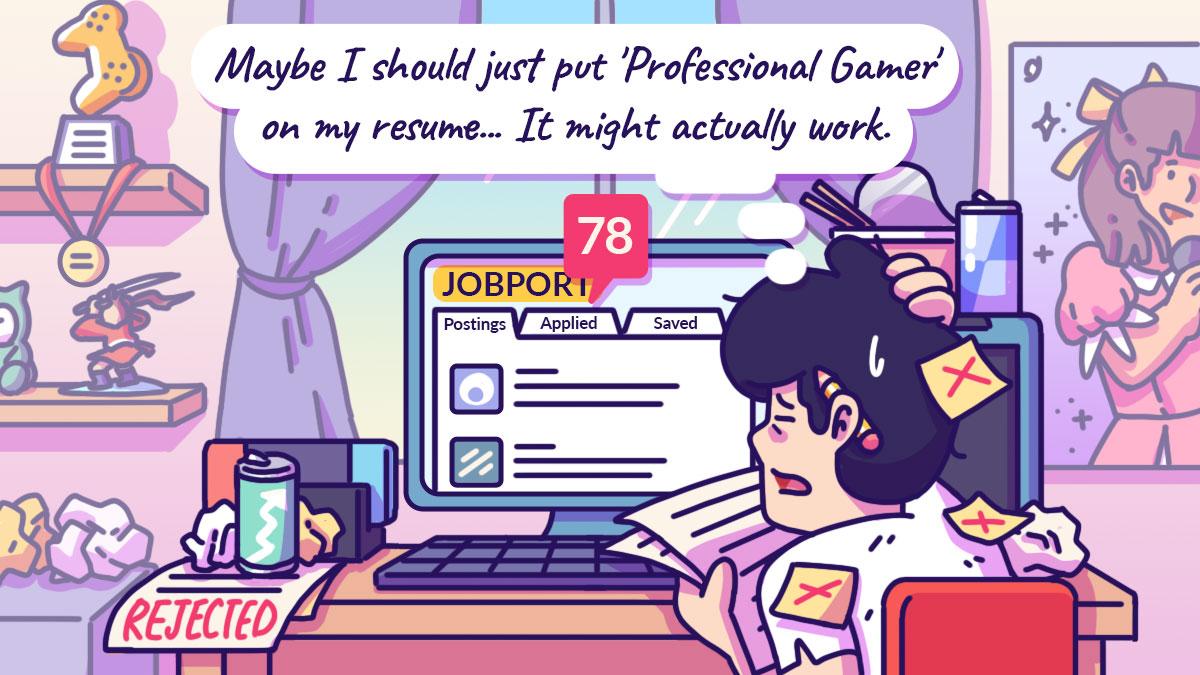 While talking about money may be difficult and uncomfortable for some people, it is crucial to do so. So is establishing financial boundaries with the people in your life. But what are financial boundaries? They are the financial rules and limits you set, based on how much money you have and how much you are willing (or can afford) to give away.
While talking about money may be difficult and uncomfortable for some people, it is crucial to do so. So is establishing financial boundaries with the people in your life. But what are financial boundaries? They are the financial rules and limits you set, based on how much money you have and how much you are willing (or can afford) to give away. How to set financial boundaries: Parents edition
For the average Singaporean, parental allowance is usually non-negotiable. Most of us will have to give our parents a portion of our income every month, whether it’s out of filial piety or because our parents genuinely need the financial support (hello, sandwich generation folks). Sometimes, our parents might ask for more than what we give them. In other words, more than what we can afford, such as taking the family out for costly dinners or buying things for them. When that happens, how can we enforce financial boundaries without being disrespectful? In a podcast episode with Preeti, founder of HerFolio, a financial advisory platform dedicated to helping young Singaporeans plan their parents’ finances, Preeti highlighted the need for collaboration and open dialogue. She recommended discussing financial matters as transparently as possible with parents, and getting them to understand your position. Try enforcing your boundaries by giving “soft” rejections by saying: “I’d like to make you happy by bringing the family out for dinner, but I’m a bit tight on money this month. What about [next proposed date] instead?” “Due to [reason], I can’t give you more than X amount. Maybe we can meet in the middle and come to a compromise that works for the both of us.”How to set financial boundaries: Friends edition
Whether you’re in a big group of friends or a small one, there will come a time when someone suggests an activity or restaurant that may be out of your budget. In this instance, saying no can be difficult, but necessary. Alternatively, try suggesting other activities or food options that have a lower price point. If you explain your situation to your friends and remain honest with them, chances are they’ll most likely oblige and work with something that’s kinder to your budget. But what about when a friend asks to borrow money, and you don’t know how to say no because you are afraid of disappointing them? Try these statements:
“I can’t lend you money right now. You might find the help you need from [referred resources].”
“Instead of splitting the bill, I will pay for what I ordered. I can do the calculations.”
Try these statements:
“I can’t lend you money right now. You might find the help you need from [referred resources].”
“Instead of splitting the bill, I will pay for what I ordered. I can do the calculations.” 










